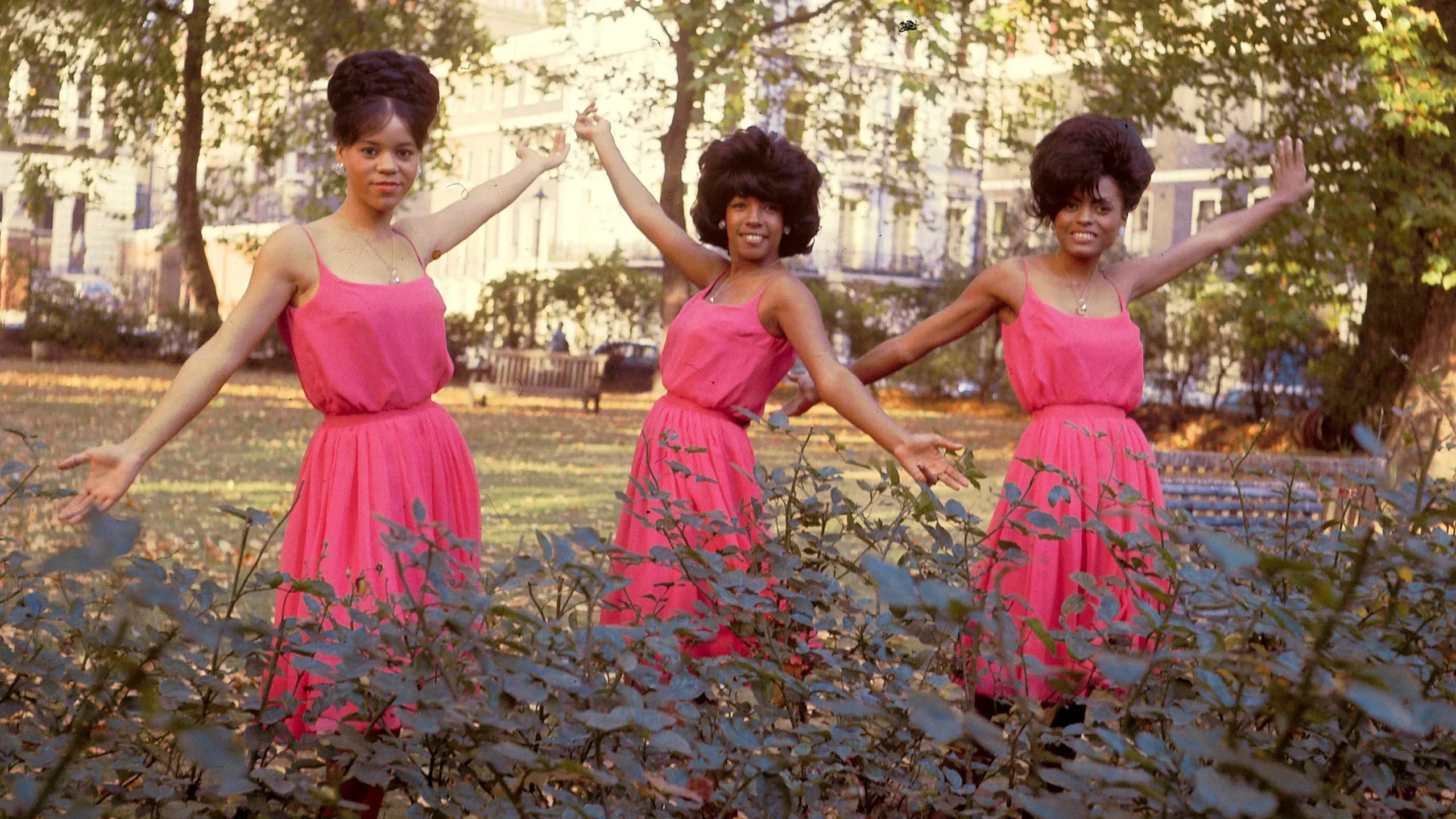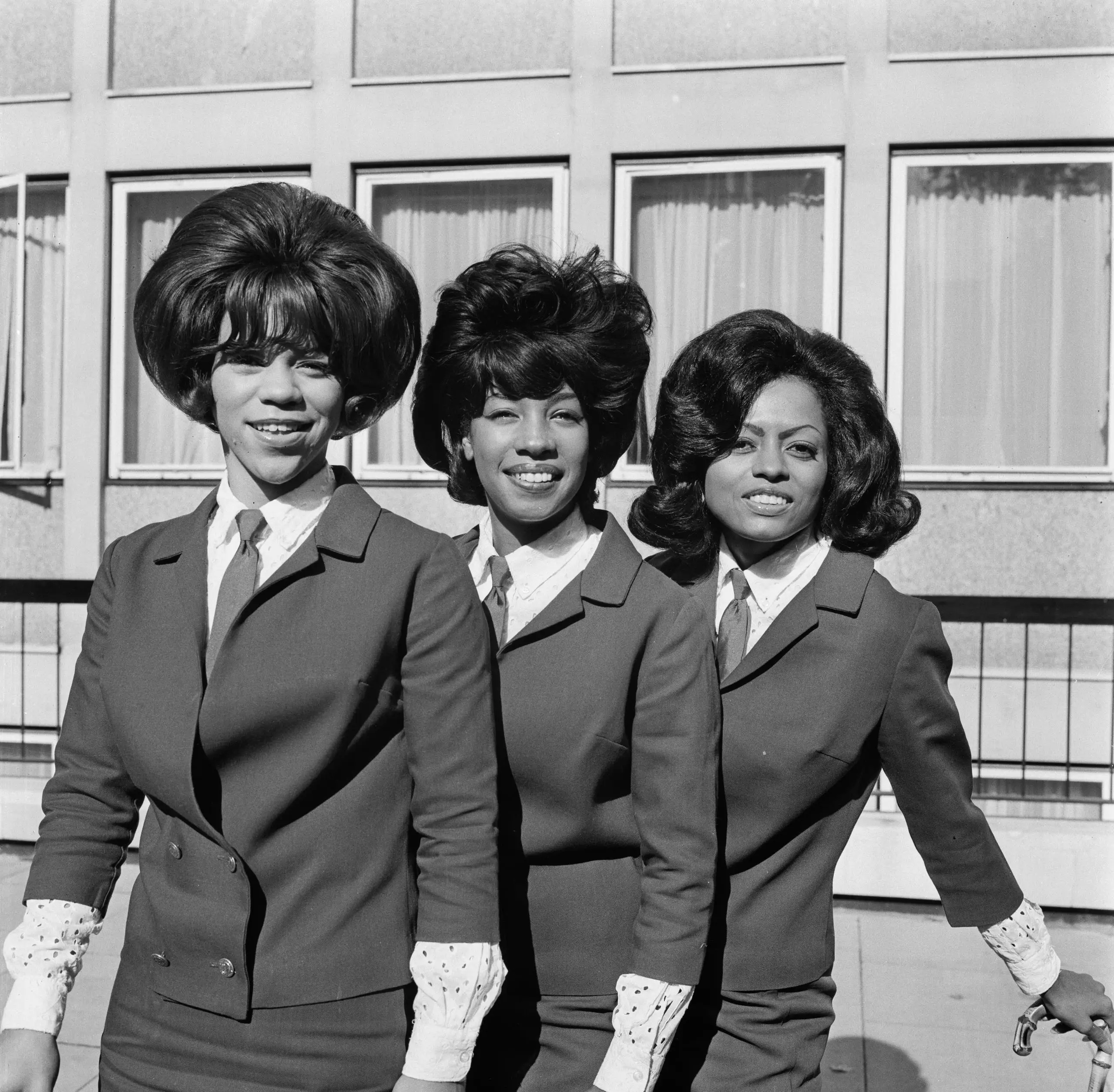
A Timeless Ode to Heartache and Yearning
In the golden age of Motown, when music was a tapestry woven with threads of soulful melodies and poignant lyrics, “Baby Love” by The Supremes emerged as a beacon of emotion and artistry. Released in 1964, this classic track quickly ascended the charts, capturing the hearts of a generation. Its success was undeniable, reaching the coveted number one spot on the Billboard Hot 100, a testament to its universal appeal and the magnetic charm of The Supremes.
“Baby Love” is more than just a song; it is a narrative of longing and vulnerability, encapsulated within a mere two minutes and forty-five seconds. The track, penned by the legendary songwriting team Holland-Dozier-Holland, paints a vivid portrait of heartache. It tells the story of a love that once blossomed but now seems to be withering away. The protagonist pleads for the return of affection, for the revival of a connection that has started to fade. This theme of yearning is timeless, resonating with anyone who has ever felt the sting of unrequited love or the fear of losing something precious.
The story behind “Baby Love” is as compelling as its lyrics. It was crafted during a period when The Supremes, led by the inimitable Diana Ross, were rapidly rising to fame. Following their first hit “Where Did Our Love Go,” there was immense pressure to produce another chart-topping single. With “Baby Love,” they not only met but exceeded expectations, solidifying their status as one of Motown’s premier acts. The song’s success was instrumental in cementing Motown’s influence in the music industry, serving as a bridge between pop sensibilities and soulful expression.
Listening to “Baby Love,” one cannot help but be transported back to an era where music was both an escape and a reflection of societal emotions. The song’s simple yet profound plea—“All you do is treat me bad / Break my heart and leave me sad”—captures the essence of youthful innocence tinged with desperation. This emotional rawness is beautifully juxtaposed with the upbeat tempo and harmonious vocals that define The Supremes’ sound.
For those who lived through the 1960s, “Baby Love” is likely intertwined with personal memories—perhaps dances in dimly lit rooms, or long drives with the radio turned up high. For younger generations, it remains a window into the past, offering insight into the musical landscape that shaped contemporary sounds.
In revisiting “Baby Love,” we are reminded not only of The Supremes’ extraordinary talent but also of music’s unique ability to capture human emotion in its purest form. It’s a song that invites listeners to reflect on their own experiences of love and loss, evoking nostalgia for times gone by while remaining perpetually relevant. As we listen, we find ourselves caught in its spell, swaying to its rhythm and feeling every beat resonate within our hearts—a timeless testament to the enduring power of music.
